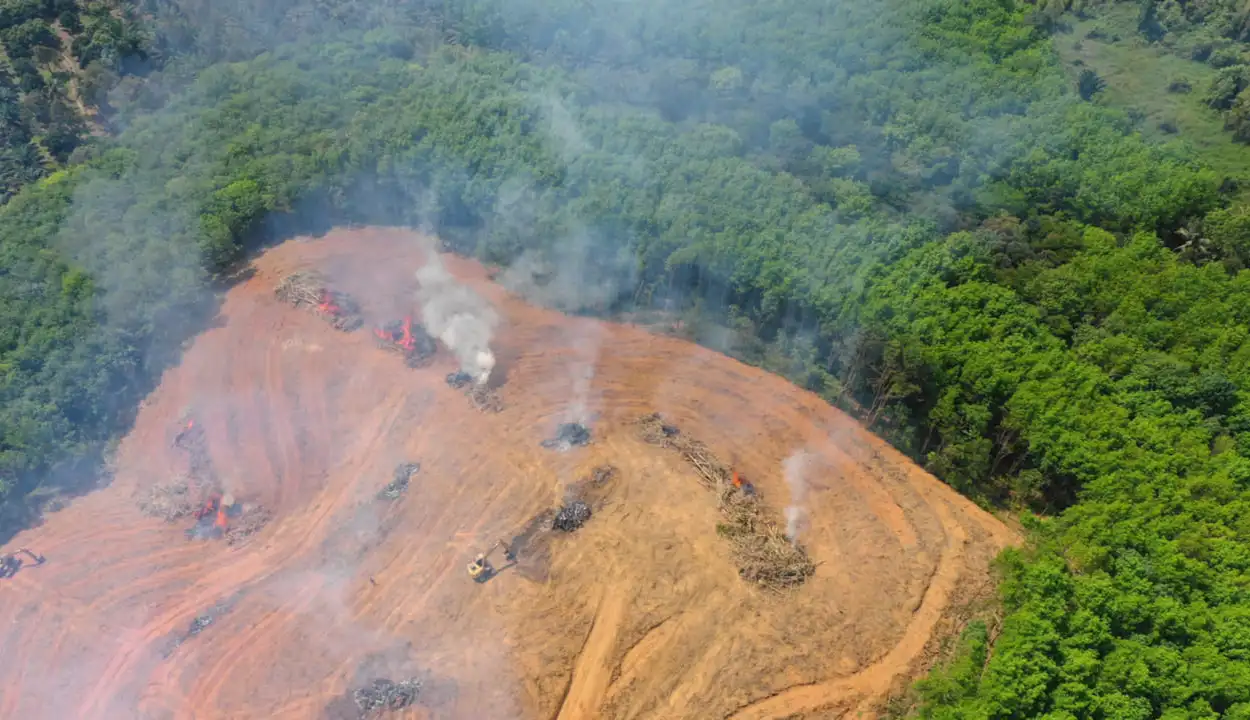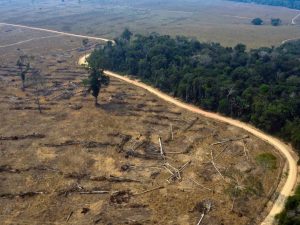Pernambuco, where 83% of the territory is covered by the Caatinga biome, is facing a serious risk of desertification due to the advance of climate change. Environmental degradation is already threatening to reduce water availability and affect food production in this region of northeastern Brazil. However, a new study shows that reversing this scenario and recovering the biome is possible.
The Escolhas Institute presented on Monday (22/04) the report “Recovering the Caatinga in Settlements of Agrarian Reform: more vegetation, food, and employment in Pernambuco”, which proposes a strategic restoration of over 20,000 deforested hectares along riverbanks and springs within rural settlements. The goal is to protect water resources, reduce erosion, and mitigate high temperatures, combining environmental regeneration with productive development.
The proposal is based on the use of agroforestry systems (AFS), which integrate native vegetation with food crops. According to the study, this strategy could generate over five million tons of food, create 91,300 jobs, and avoid the emission of 2.1 million tons of CO₂, equivalent to 8% of the state’s gross greenhouse gas emissions in 2023.
The recovery also aligns with the requirements of the 2012 Forest Code, which mandates the restoration of Permanent Preservation Areas (PPAs), even within small properties like rural settlements.

A profitable and urgent investment to recover the biome
The estimated cost to implement the project is R$ 504 million in the first three years, reaching a total of R$ 1.92 billion in 30 years. However, the projected net income is significantly higher: R$ 5.91 billion, more than three times the initial investment.
“The productive recovery of these areas is crucial to combat the effects of climate change in the Caatinga, one of Brazil’s most fragile and threatened biomes,” said Rafael Giovanelli, Research Manager at the Escolhas Institute. “As the forests grow, we care for water, protect the climate, create jobs, and produce food.”
Pernambuco currently has 602 agrarian reform settlements, where over 33,000 families live on an area of 574,560 hectares, of which 36,324 are PPAs subject to restoration. The recovery of these areas would not only protect ecosystems but also enable families to produce diverse and healthy foods, boosting the local economy and restoring ecological balance in one of the country’s most vulnerable regions.

Forest recovery in Brazil will generate millions of tons of food
A study by the Escolhas Institute reveals that the recovery of deforested forests in Brazil, home to COP30, could generate 69,000 jobs and R$ 45 billion in Brazilian reais in income, in addition to capturing millions of tons of CO₂.
Brazil has the opportunity to demonstrate its environmental commitment as the host of the 30th United Nations Climate Change Conference (COP30), to be held in Belém, Pará, in 2025. However, the state hosting the event is also the most affected by deforestation in agrarian reform settlements. According to the Escolhas Institute, Pará concentrates 44% of the degraded areas in these settlements, equivalent to 438,700 hectares of lost native vegetation.
The report Recovering the forest in rural settlements in Pará: what does Brazil gain from this? shows that the restoration of these areas could produce over 15 million tons of food and 278 million seedlings, as well as generate 69,000 jobs in the next three decades. This recovery is mandatory according to the 2012 Forest Code and requires an investment of R$ 25.3 billion, with an estimated return of R$ 45 billion in net income, that is, 1.8 times the value invested.
Source: Salete Cangussú.

